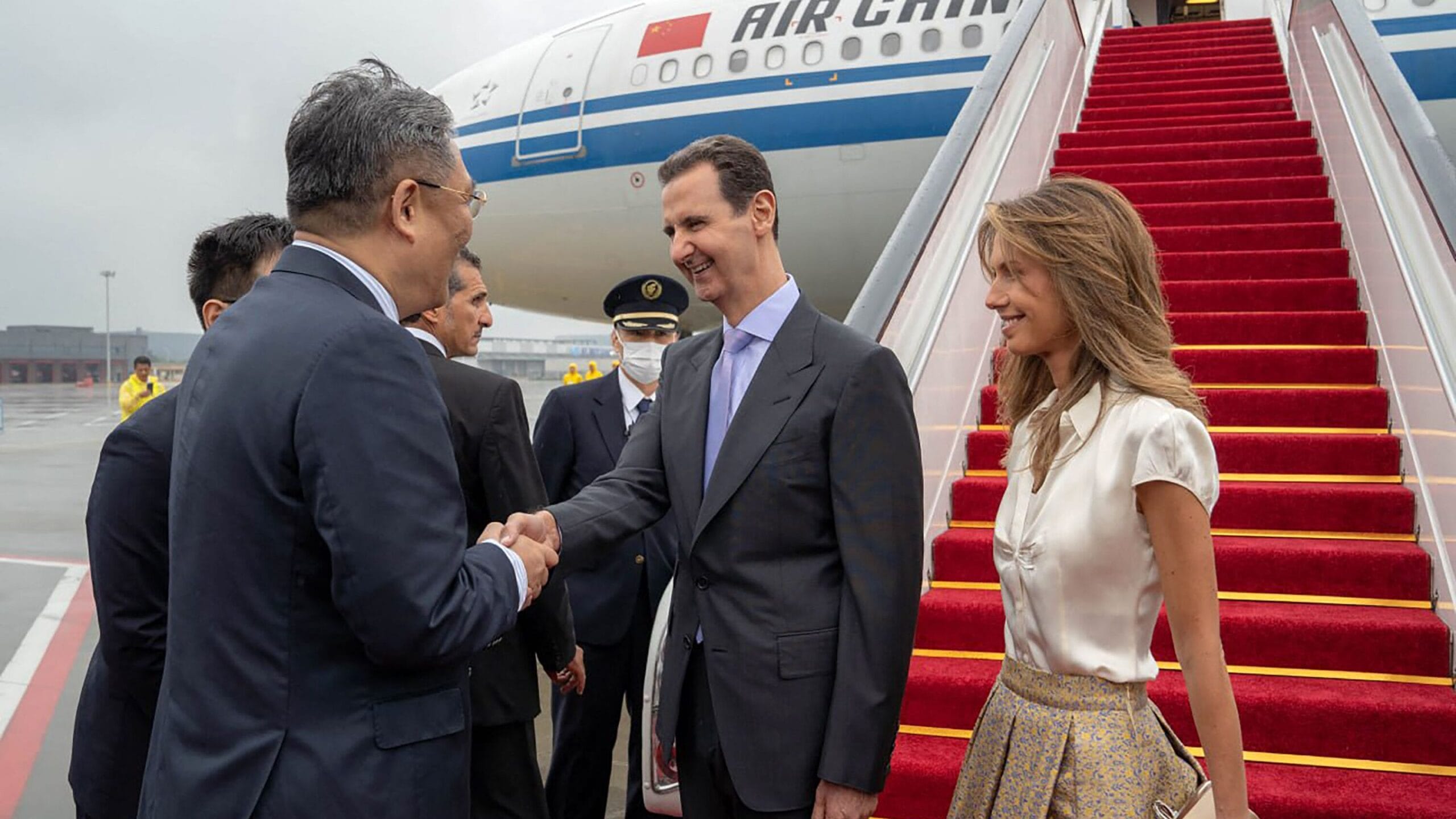In a significant diplomatic engagement, President Joe Biden and Israeli Prime Minister Benjamin Netanyahu convened to discuss the latest developments in the ongoing efforts to achieve a ceasefire between Israel and Hamas. This meeting underscores the critical role that international diplomacy plays in addressing the complex and often volatile situation in the region.
The discussions took place against a backdrop of heightened tensions and violence that have persisted for months. The conflict, which has seen a resurgence in hostilities, has resulted in significant loss of life and widespread destruction, prompting urgent calls for a cessation of hostilities. Both leaders recognized the dire humanitarian situation that has emerged as a result of the ongoing conflict, with civilians on both sides bearing the brunt of the violence.
During the meeting, President Biden reiterated the United States’ commitment to Israel’s right to defend itself while also emphasizing the need for restraint and the protection of civilian lives. The President expressed concern over the humanitarian impact of the conflict, particularly in Gaza, where the situation has become increasingly dire. He urged for immediate measures to facilitate humanitarian aid and support for those affected by the violence.
Prime Minister Netanyahu, for his part, outlined Israel’s security concerns and the challenges posed by Hamas, which he described as a terrorist organization that threatens not only Israel but also regional stability. He emphasized the importance of ensuring that any ceasefire would not allow Hamas to regroup or rearm, thereby posing a future threat to Israel. Netanyahu’s perspective highlights the delicate balance that must be struck between achieving a ceasefire and addressing the underlying security issues that fuel the conflict.
The dialogue between Biden and Netanyahu is part of a broader international effort to mediate a resolution to the ongoing hostilities. Various stakeholders, including regional powers and international organizations, have been actively engaged in discussions aimed at de-escalating tensions and fostering a sustainable peace. The United States, as a key ally of Israel, plays a pivotal role in these efforts, leveraging its influence to encourage both sides to come to the negotiating table.
In recent weeks, there have been multiple initiatives aimed at brokering a ceasefire. These efforts have included proposals for temporary truces to allow for humanitarian aid deliveries and to provide respite for civilians caught in the crossfire. However, achieving a lasting ceasefire remains a complex challenge, as both sides have entrenched positions and differing priorities.
The humanitarian aspect of the conflict has garnered significant attention from the international community. Reports of civilian casualties, displacement, and destruction of infrastructure have raised alarms about the urgent need for humanitarian assistance. The Biden administration has been vocal in its support for humanitarian efforts, advocating for the protection of civilians and the provision of aid to those in need.
As the discussions between Biden and Netanyahu continue, the focus remains on finding common ground that can lead to a de-escalation of violence and a pathway toward a more stable and peaceful future. The leaders acknowledged that while the road ahead may be fraught with challenges, dialogue and diplomacy are essential components in addressing the multifaceted issues at play.
In conclusion, the meeting between President Biden and Prime Minister Netanyahu represents a critical moment in the ongoing efforts to achieve a ceasefire between Israel and Hamas. The discussions reflect the complexities of the conflict and the necessity of balancing security concerns with humanitarian needs. As both leaders navigate this intricate landscape, the hope remains that their dialogue will contribute to a broader resolution that can bring lasting peace to the region.


